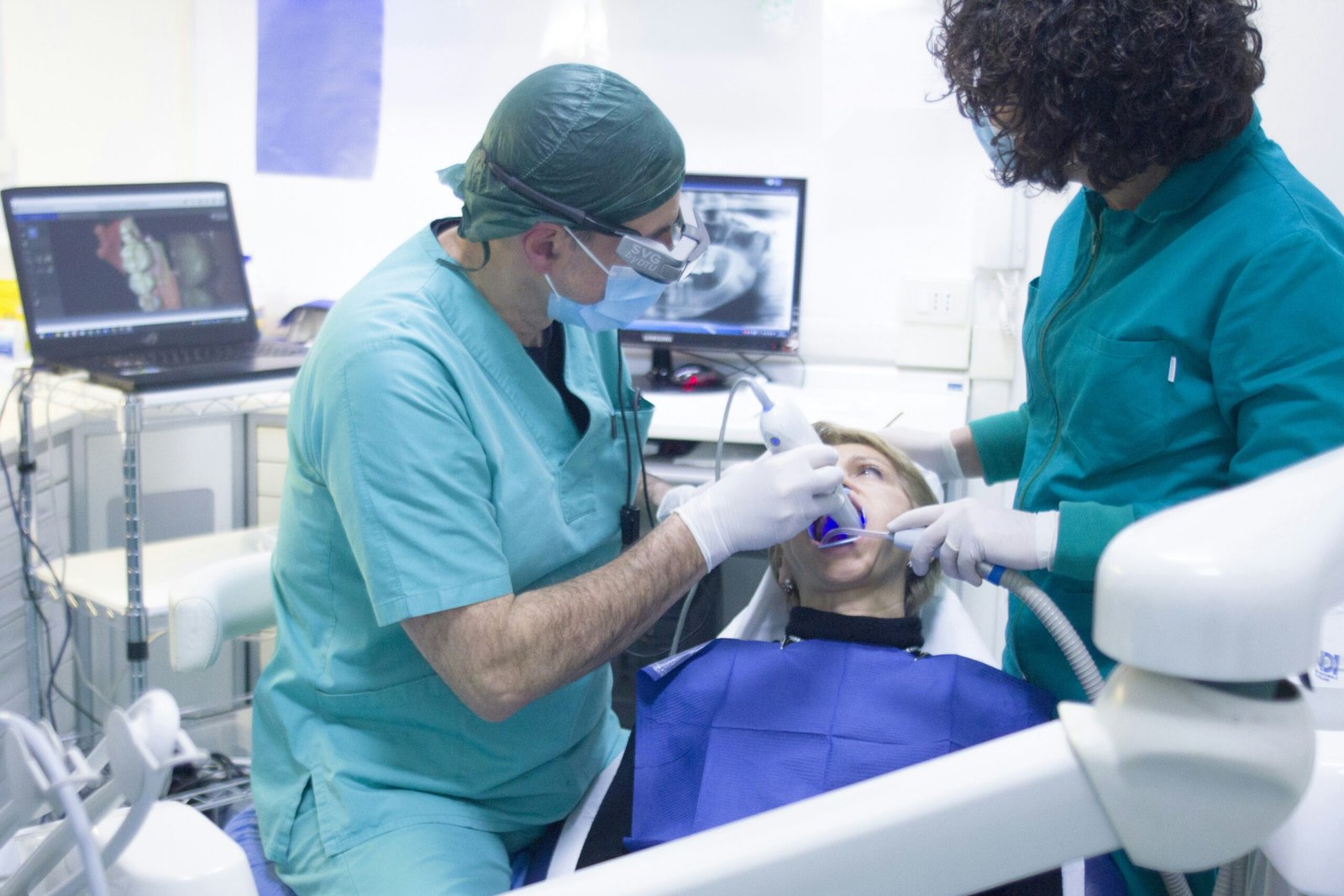Feeding the Finish Line: How Food Trucks Fuel Athletes’ Marathons
As the sun casts its first rays on marathon day, a palpable sense of anticipation and exhilaration permeates the air. Athletes, representing diverse backgrounds and aspirations, converge to partake in a challenging yet gratifying odyssey—one that stretches the limits of both physical prowess and mental fortitude. While the limelight often centers on the resilient runners, there exists an unheralded hero contributing significantly to the triumph of these events: the food trucks strategically positioned along the finish line.
These mobile kitchens stand as beacons of respite for marathoners, offering a lifeline of nourishment to rejuvenate weary bodies. Amidst the cheers and applause, these culinary artisans serve a crucial role in replenishing depleted energy stores and revitalizing muscles pushed to their limits. In the following discourse, we delve into the indispensable role that food trucks play in not only sustaining athletes during marathons but also transforming the finish line into a dual celebration—commemorating both the remarkable achievements of the runners and the delightful culinary experiences woven into the fabric of the event.
The Marathoner’s Journey: A Culinary Pit Stop
As athletes cross the finish line, their bodies are depleted of essential nutrients and energy. This is where food trucks step in, offering a diverse array of options to help replenish glycogen stores, repair muscles, and rehydrate. From protein-packed options like grilled chicken and lean beef to carb-loaded delights such as pasta and rice bowls, these mobile kitchens serve up a variety of dishes to cater to the unique nutritional needs of marathoners.
Beyond Bananas: The Evolution of Marathon Fuel
In an era transcending the mundane, gone are the days when marathoners had to settle for the simplicity of a banana or the practicality of an energy bar at the finish line. The landscape of marathon nourishment has undergone a transformative evolution, with food trucks emerging as the vanguards of a culinary renaissance.
No longer confined to the realm of basic sustenance, these mobile kitchens now present a feast of options, offering gourmet and nutritionally balanced meals that redefine the post-race dining experience. Picture yourself savoring the exquisite flavors of a freshly grilled salmon bowl, its succulence complemented by the wholesome goodness of quinoa and a medley of perfectly roasted vegetables. Alternatively, consider indulging in the vibrant explosion of flavors encapsulated in a vegan-friendly wrap—each bite a symphony of tastes and textures designed to tantalize the palate.
These culinary innovations extend beyond mere satiation; they contribute profoundly to the overarching post-race ambiance. The finish line, once a symbolic endpoint, is now a culinary celebration in its own right. Athletes, their bodies depleted yet triumphant, are welcomed by a gastronomic tableau that transcends the conventional. The aroma of diverse and delectable offerings wafts through the air, signaling not only the conclusion of a physical journey but also the beginning of a culinary odyssey.
Food trucks at marathons have become purveyors of not just sustenance but of an elevated experience—one that resonates with the spirit of achievement and indulgence. The evolution from basic fuel to gourmet delights marks a paradigm shift in how we perceive post-marathon refueling. It’s no longer a mere refueling pit stop; it’s a culinary spectacle that transforms the finish line into a destination, where athletes and spectators alike can revel in the triumph of the run and the delight of diverse, expertly crafted dishes.
In essence, the modern marathon finish line is a convergence of perseverance and palate, where the exhaustion of the race gives way to the exhilaration of a well-deserved and delectable repast. This evolution is a testament to the dynamic fusion of athleticism and gastronomy, and in this gastronomic revolution, food trucks stand as the culinary architects of a new era—a savory testament to the adage that the journey is just as important as the destination.
Local Flavors, Global Tastes: The Food Truck Advantage
One of the unique aspects of marathon food trucks is their ability to showcase local flavors and global tastes. Unlike traditional catering, these mobile kitchens bring a variety of cuisines to the table, catering to the diverse preferences of athletes and spectators alike. Whether it’s a taste of regional specialties or an international culinary journey, food trucks add a flavorful dimension to the post-race festivities.
The Social Hub: Community and Connection
Food trucks at marathons serve as more than just purveyors of nourishment; they become social hubs where athletes, supporters, and volunteers gather to celebrate achievements and share stories. The communal atmosphere around these mobile kitchens fosters a sense of connection, turning the finish line into a space where the entire marathon community comes together to refuel, recharge, and revel in the collective accomplishment.
Best Food Trucks: Elevating the Marathon Culinary Experience
In the realm of marathon catering, Best Food Trucks stands out as a trailblazer, providing a seamless and exceptional culinary experience for athletes and event organizers alike. With a commitment to excellence, Best Food Trucks curates a selection of vendors that understand the unique demands of marathon catering. From prompt and efficient service to a diverse menu that caters to various dietary preferences, Best Food Trucks ensures that the finish line becomes a gastronomic celebration.
In conclusion, the role of food trucks in fueling athletes’ marathons extends beyond the functional aspect of nourishment. It transforms the finish line into a place of celebration, community, and culinary delight. As runners complete their journey, the aroma of diverse dishes from food trucks creates an ambiance of festivity, marking the end of the race and the beginning of a well-deserved culinary celebration. For the best marathon catering experience in town, look no further than Best Food Trucks—where excellence meets the road, and every finish line becomes a feast.

